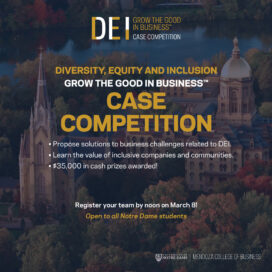How Ethical Can We Be?
Published: May 5, 2011 / Author: Jim Heskett
Umpires and referees favor the home team. That’s the conclusion of research by Tobias J. Moskowitz and L. Jon Werthheim that appeared in their recent book, Scorecasting: The Hidden Influences Behind How Sports Are Played and Games Are Won. It was biased judgment on the part of supposedly unbiased referees and umpires.
They hypothesize that the cause is a natural tendency to avoid excessive booing by the home team crowd, particularly in the later stages of a contest in which unbiased behavior is most necessary. Of course one could ask, “Are they cheating, especially when they are probably unaware of what they are doing?”
In a new book Blind Spots: Why We Fail to Do What’s Right and What to Do about It, authors Max H. Bazerman, a professor at Harvard Business School, and Ann E. Tenbrunsel, a professor of business ethics at the University of Notre Dame, argue that something they call bounded ethicality leads “even good people to engage in ethically questionable behavior that contradicts their own preferred ethics.”
To read the entire article visit: How Ethical Can We Be?
/news_and_events/news_articles/article/9118/how-ethical-can-we-be




